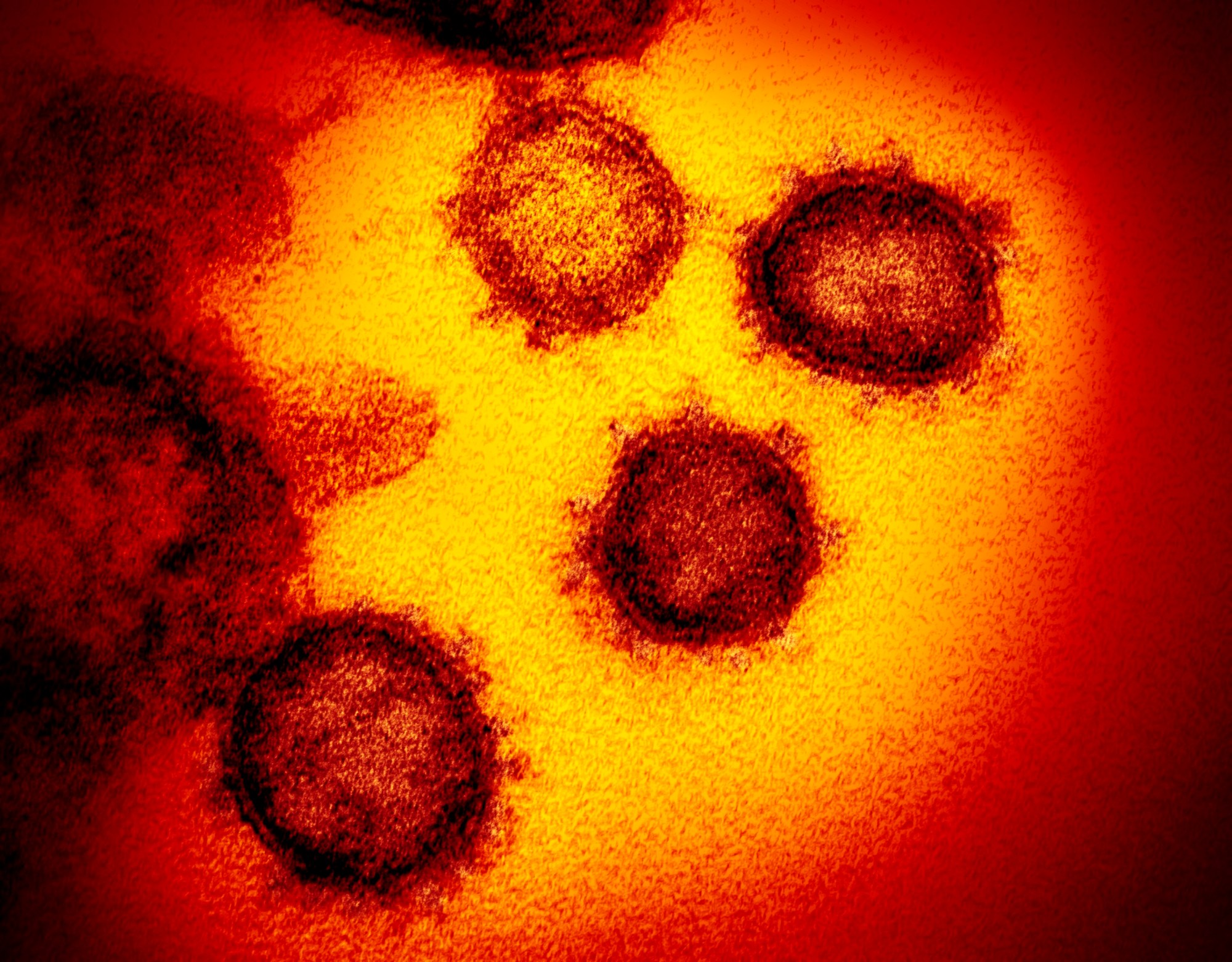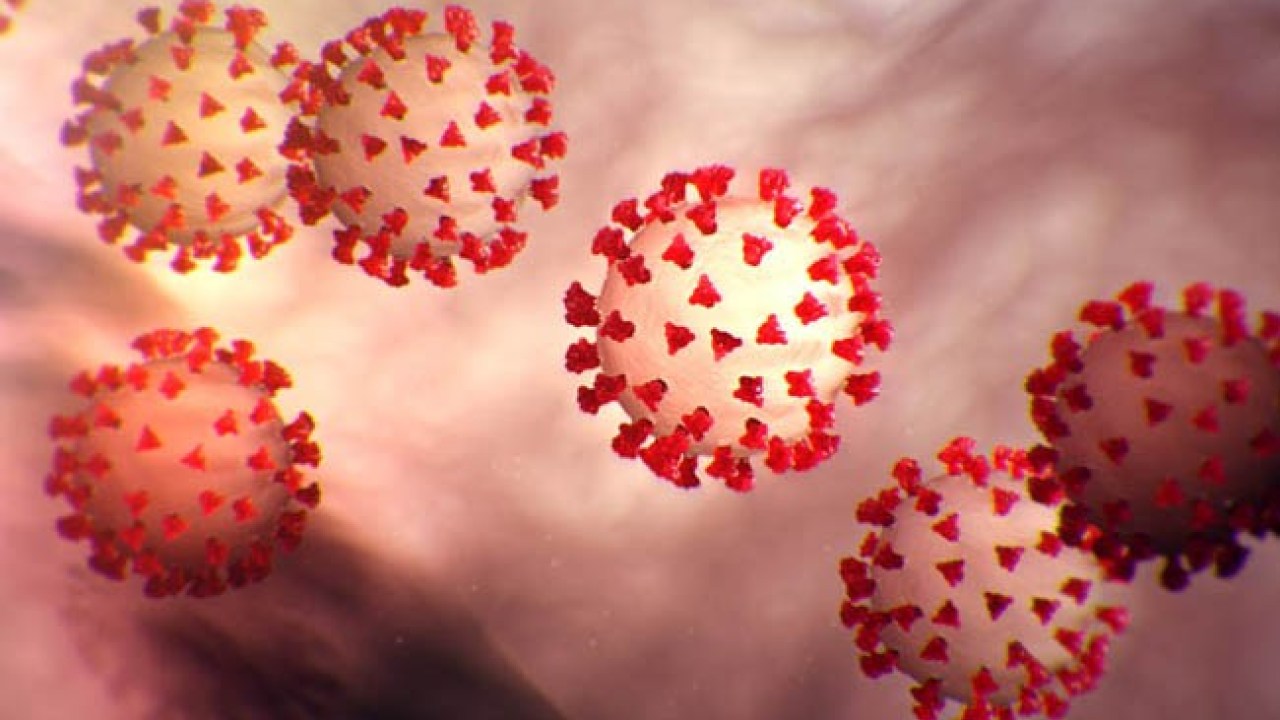KANSAS CITY, Mo. — Newly released findings show there are thousands of untested rape kits across Missouri.
The news comes after Attorney General Eric Schmitt created an initiative to clear the backlog of untested kits.
“Really the first step in making sure survivors get the justice they deserve,” MOCSA CEO Julie Donelon said.
A team of investigators visited law enforcement offices, hospitals and treatment centers across Missouri and found nearly 7,000 sexual assault kits.
More than 6,000 of those kits were untested.
“These kits are not numbers. They are not footnotes to the reporting of a crime,” Schmitt said. “They represent real human beings who’ve suffered, confronted their fears, and reported sexual assault and submitted a kit.”
Schmitt started this initiative to clear out the backlog of untested kits. He said if not for the initiative, these kits may have been put on a shelf and remained untested until now.
“There really weren’t clear guidelines on how these kits should be tested, when they should be tested, how long they should be kept,” Donelon said. “So now moving forward with this sort of structure, there will be clear guidelines.”
The initiative launched in February and is led by Judge M. Keithley Williams.
Williams and her team suggested four areas of improvement: the way the kit is designed, tracking only the box rather than everything inside and dedicating a center to house unreported test kits.
“Of the untested kits, 4,438 were reported meaning they had a police report to go along with them,” Schmitt said, “and 1,719 were unreported without an accompanying police report.”
Williams also recommended an evidence tracking system using the bar codes they put on each of the kits, aside from the ones in Kansas City and St. Louis. Those cities already have a system in place.
Jackson County had the highest rate of kits. But Williams said that’s only because KCPD works closely with hospitals and houses a lot of unreported test kits — unlike many other agencies.
A $2.8 million grant will be used to test some of the untested kits.
“In the next two years we know for a fact that 1,250 will be tested,” Williams said. “But we hope to get more funding and escalate the testing of those reported kits.”
Williams said the most current kits will be chosen first.
“It’s the belief that if you start somewhere and work backwards that you’re going to very effectively avoid statute of limitation problems and be able to find cases that may be more easily prosecuted,” Williams said.
“To be able to ensure kits are tested is really a critical part of healing for those survivors,” Donelon said.
Phase two of this initiative starts with a planning meeting Thursday in Jefferson City.






























